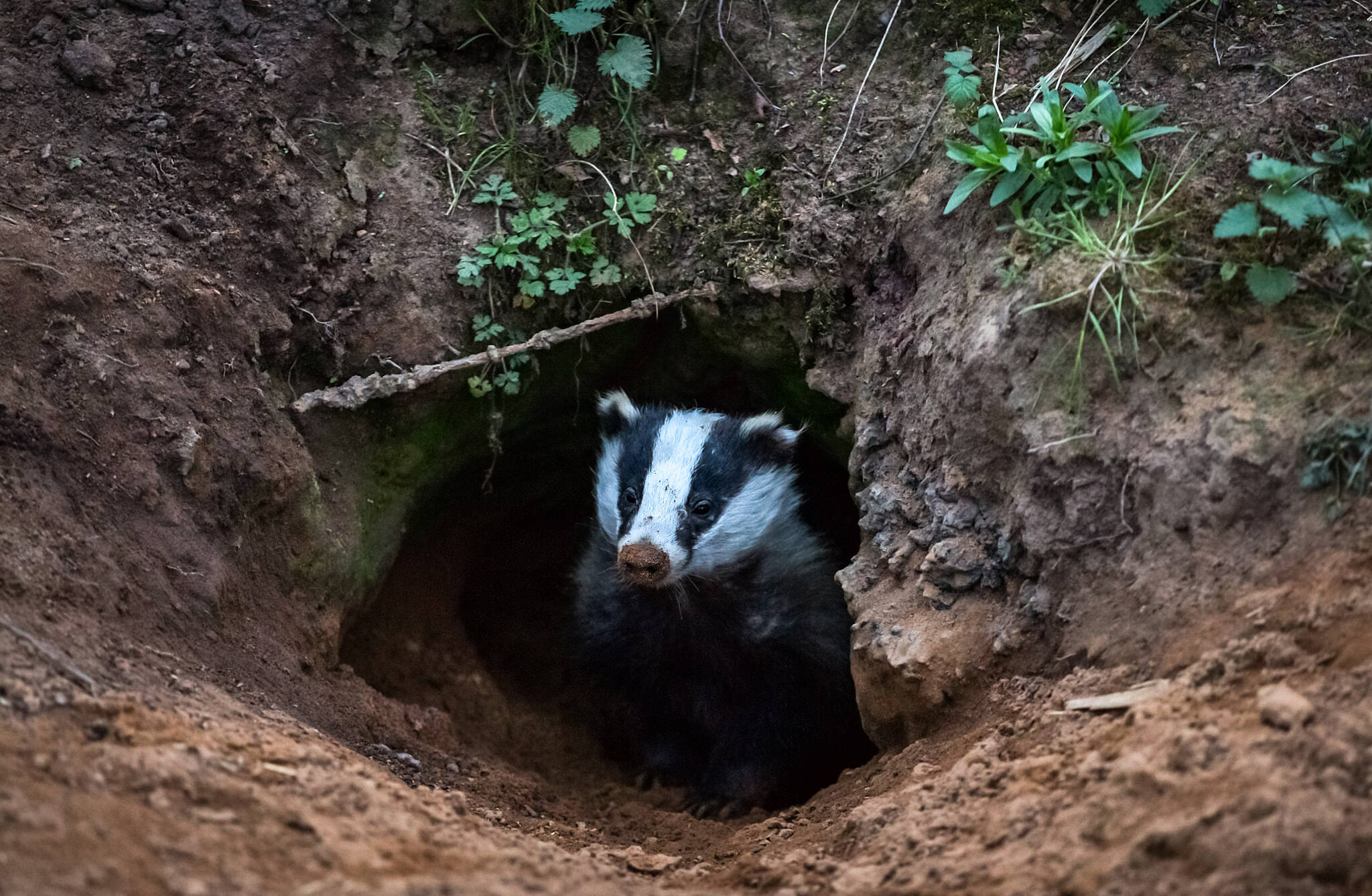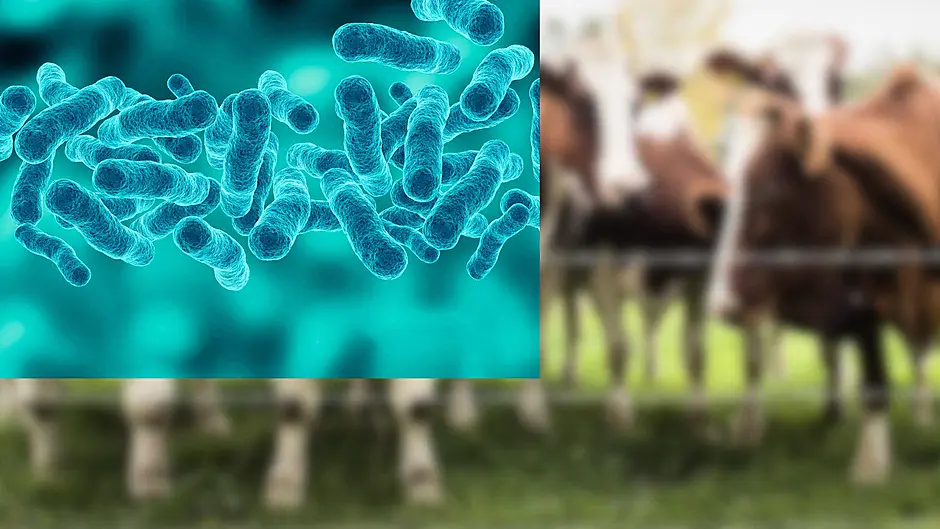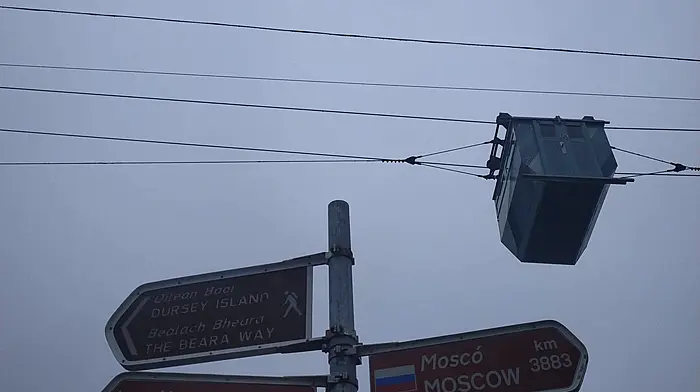WEST Cork is in the grip of its highest ever TB levels, with close to 5,000 reactors recorded in the area.
The situation is hitting areas right across the south west, with farmers facing loss of income, massive workloads, and huge mental pressures as a result.
Derry Scannell, the IFA animal health chair for West Cork, described the situation as ‘unreal’.
‘Nationwide it’s out of control, and in West Cork it’s unreal at the moment. The last check last week there were nearly 4,800 reactors in this division. Normally that would be less than 2,000,’ said Derry.
Derry’s farm is near Rossmore, and he says there are TB cases locally, reflecting the picture across West Cork. He said there are outbreaks in Timoleague, Kilbrittain, Ballinacarriga, while areas of Drimoleague and Caheragh continue to be ravaged by the disease and ‘are almost two years into it’.
‘The Department have been trying to eradicate TB for nearly 70 years and it’s worse than ever at the moment.
‘No farmer wants to hear that they have a positive test. If you’re a young famer and you have, say, 150 cows, you could lose 50% of your herd. Your capacity to earn is gone.
 There were 9,000 badgers vaccinated against TB in Ireland in 2023. (Photo: Shutterstock)
There were 9,000 badgers vaccinated against TB in Ireland in 2023. (Photo: Shutterstock)
‘Many of these farmers have new developments to pay for. They could have loans for a new parlour, as much as €500,000. But your income is gone. You get compensation per cow but you have to get your herd replaced. And that can be extremely difficult with the breeding season running from January to April, there simply may not be animals available.’
The role of the badger in the infection cycle is in the spotlight. The badger is a protected species, and farmers have been urged to increase biosecurity on their farms, working to avoid areas of possible cross-contamination with the animal – water troughs are recommended to be raised, while open food sources can also attract badgers.
‘The badger population seems to have increased dramatically,’ said Derry.
He said the onus is also on farmers to notify the Department of Agriculture about badger activity in the area.
Nationally, the Department vaccinated 9,000 badgers in 2023 – that’s double the vaccination rate in 2019. In West Cork vaccination was taking place along coastal areas along the N71, but that programme has been suspended.
And even when up and running, Derry says it is extremely laborious. ‘The badger has to be trapped, vaccinated, tagged. And you don’t know how many badgers are in a set. It’s time-consuming. ‘The Department is trying to map every badger set but if you’re trying to find every badger set from Carrigaline to Beara, you can’t expect every farmer to walk all the land to find them.’
Deer can also be carriers of the disease but while the deer population in West Cork is regarded as out of control, only one deer in the region has tested positive so far, though in Wicklow and other areas they are now being viewed as the main carrier.
The intensification of farming is also viewed as a contributory factor. Whatever the reasoning it is clear the disease continues to grow in prevalence. Before the dissolution of the Dáil, the Oireachtas Committee on Agriculture, Food, and the Marine, discussed the situation.
Committee vice-chairman Senator Tim Lombard from West Cork described the TB situation as having reached ‘epidemic levels’. ‘I’d be fearful of January to March when animals are housed for 10 weeks, going on these levels of infection,’ the Fine Gael senator and Cork South West general election candidate said.
Sen Lombard praised the hard work of department officials in West Cork working on the problem but says falling staffing levels at the department are affecting vaccination work.
Derry Scannell says the vaccination and eradication programme is an unprecedented challenge. ‘Millions is being spent on it and we’re not seeing the numbers go down.’
Derry pointed out that there is a huge workload for the farmer involved every time animals go for testing. ‘It’s a week’s work.
‘It’s huge stress on the farmer and there’s huge stress on the animals. And there’s no relief until the last cow goes through the crush.’








